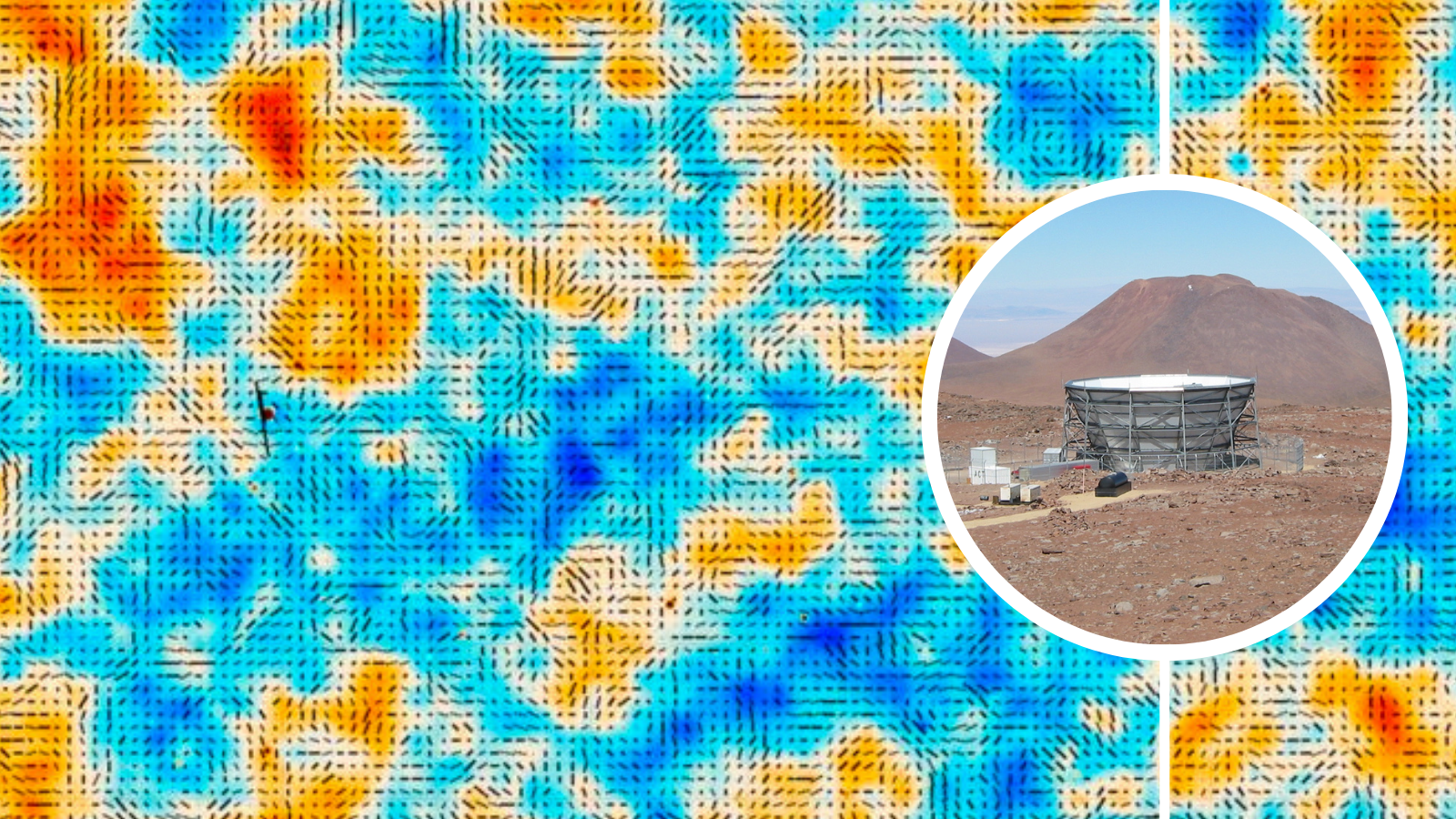It may be curtains for the Atacama Cosmology Telescope (ACT), but the final data from its nearly 20 years of observations have laid out a roadmap for the future investigation of the cosmos. The data, in fact, represents a significant step…

It may be curtains for the Atacama Cosmology Telescope (ACT), but the final data from its nearly 20 years of observations have laid out a roadmap for the future investigation of the cosmos. The data, in fact, represents a significant step…